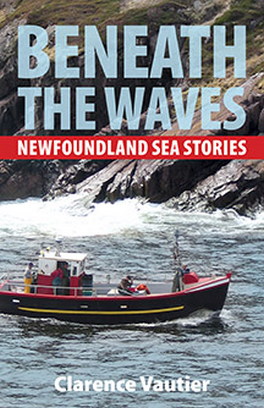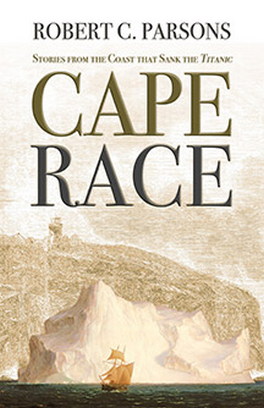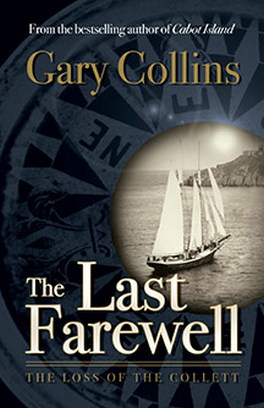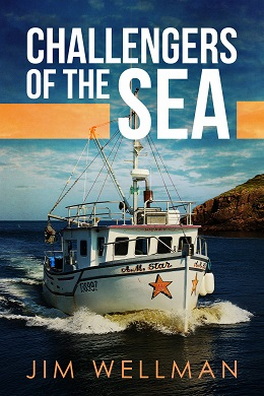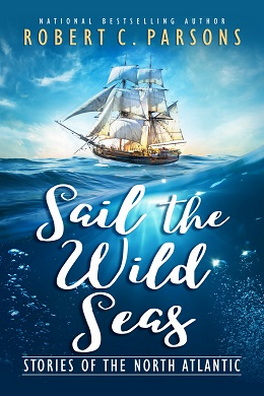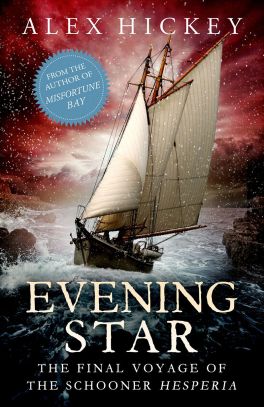The waters off the east coast of Canada have seen their share of accidents and disasters during the twentieth century. In Newfoundland alone, countless lives have been swallowed up by the angry seas of the North Atlantic or have fallen victim to the devastating effects of fire, explosions, collisions, and ill fortune. In Beneath the Waves, Clarence Vautier navigates the twentieth century, demonstrating the evolution of the fishery throughout these years and detailing the human will to survive through trials of skill, courage, and most of all, luck. Stories found within include . . . The Loss of Three Rose Blanche Fishermen Dorymen from the Freda M. Collision in Port aux Basques Harbour West Point Tragedy The Storm of 1964 Collision in Halifax Harbour La Poile Tragedy Collision off Cape Race Tragedy at Grand Bruit Fire On Board the Wanda R. Deborah Medals of Bravery The Wreck of the Eastcliffe Hall . . . and many more tales of hardship on the frigid North Atlantic
“Collision in Port aux Basques Harbour”
The port of Port aux Basques, on the southwest coast of Newfoundland, has been a busy harbour as long as history has been recorded. It was always a vital port for the many different aspects of shipping, whether it be the coastal trade, passenger ships, and/or the fishery.
When it came to the fishery, fishermen from a variety of places all along eastern Canada frequently called into Port aux Basques to fish for some sort of species or another over the years. This was due to the fact that the harbour itself is very close to the fishing grounds. During the winter of 1950, many fishing vessels and their crews had again made Port aux Basques their home port for the next several months until the weather improved and they could move further offshore.
February 19, 1950, was just another typical day on the fishing grounds on the southwest coast of Newfoundland. The weather was not ideal, but fishermen are no strangers to unfavourable weather conditions. At Port aux Basques, some men went fishing early and some remained docked a little longer. One of the skiffs still secured to the berth was the 46-foot MV Man Alone, under the command of Captain Edward Andrews of Francois.
Shortly after 05:00, the Man Alone departed her berth destined for the fishing grounds. Her crew consisted of cook Clifford Chant who was in the forecastle preparing breakfast, George Dollimount standing aft by the wheel, Norman Warren, George Warren, and Cecil Bowles were in the forecastle. The Man Alone carried one dory on deck and another in tow.
As the Man Alone was leaving the harbour entrance, the 50-foot MV George and Freeman also of Francois, and under the command of Captain Henry Green, was approaching the dock inbound from the fishing grounds. The snow and darkness had reduced the visibility to nil. The two vessels were totally unaware of each other.
Within moments after leaving the dock, the skiffs collided. The bow of the George and Freeman struck the Man Alone just forward of amidships, damaging her planking all the way down to the waterline. The collision was devastating for the Man Alone and she sank within minutes.
The crew had to abandon the ship at once. They knew they only had one option and that was to abandon the skiff by the dory that was being towed. If they had not been towing the dory behind, they would have had to retreat to the water because they did not have time to launch the other dory. Shortly after they were on board their small craft, they were picked up the George and Freeman.
Now the Man Alone lay on the bottom of the harbour with just her spars above the surface. A local diver, named Nelson Kettle, from Grand Bay, later dove to the Man Alone in the hope of salvaging the skiff, but there was little success. Her spars were later removed and the bottom of Port aux Basques harbour was the destiny of the Man Alone. Her remains were never touched.
